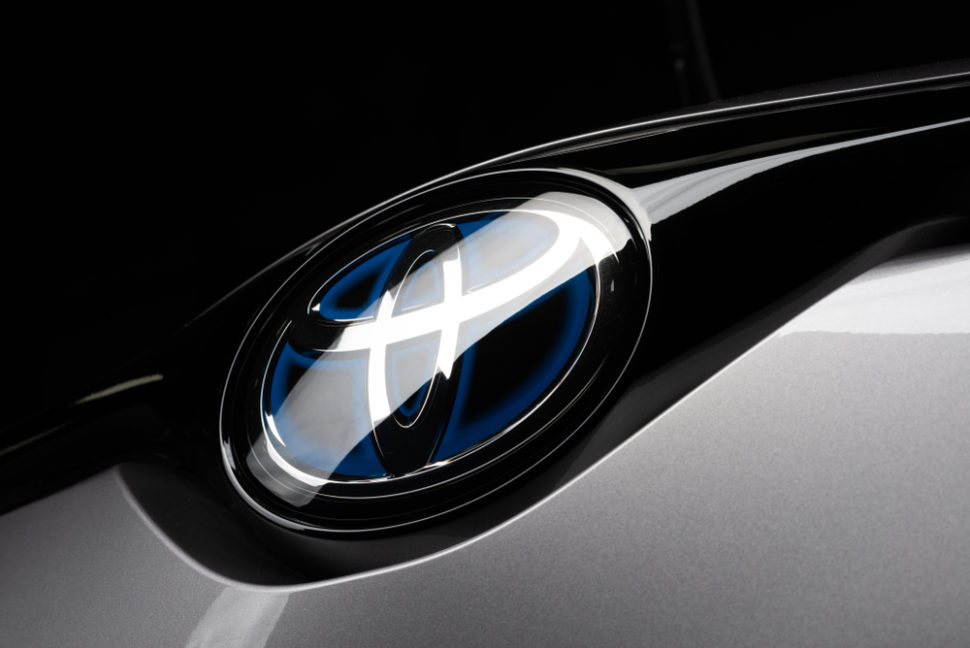Toyota is one of the world’s largest automotive manufacturers that sells millions of cars annually.
The company has an extensive product catalog that even includes lunar vehicles. But, it’s in the hybrid car segment that Toyota enjoys the status of iconic leader thanks to its Toyota Prius.
The first mass-produced hybrid in the world, the Prius encapsulates Japan’s long history with electric cars.
For over twenty years, Toyota accumulated thousands upon thousands of hybrid car tech patents that it has kept closely guarded from its rivals.
Certainly, the company could license its tech to other makers, and it has done so previously through its limited licensing deals with Mazda and Nissan.
But now, Toyota is adopting a much more open attitude by offering all its electric and hybrid patents for free.
Toyota Unlocks its Proprietary Hybrid Patents, Royalty-Free
This is the route that Toyota said will be taking with its huge library of patents related to its hybrid car technology.
On Wednesday, April 3, Toyota announced it will make about 24,000 patents open-source in an attempt to help the car industry make its shift to low-emission vehicles.
Through to the end of 2030, 23,740 active patents will be available royalty-free, covering everything from engines and batteries to power control units and system controls.
“We want to look beyond producing finished vehicles,” says Toyota Executive Vice President Shigeki Terashi. “We want to contribute to an increase in take up (of electric cars) by offering not just our technology but our existing parts and systems to other vehicle makers.”
Auto manufacturers are now relatively past the rivalry and secrecy over mechanical engineering that once was the norm. As the industry becomes more standardized, the competition now focuses on longer autonomy ranges and feature packages.
Toyota’s move comes in a context where automakers are facing increasing pressure from regulators to reduce carbon emissions and opt for all-battery vehicles.
This move, along with helping other manufacturers develop low-emission vehicles, places Toyota right at the center of the low-emission auto industry.
Read More: Volvo’s Electric Offensive: How EVs Can Become the Car of the Future
With an 80-percent share of the global hybrid vehicle market, Toyota has everything to lose and everything to win with gas-electric hybrids.
With more automakers adopting its technology, Toyota could indirectly benefit from boosting hybrid cars’ staying power. It could also make direct benefits from the increasing demand for parts and systems where the company can keep an edge over competitors. While manufacturers can get Toyota’s tech for free, they have to pay for its tech support.
By changing course and making all its tech open-source, Toyota is following in the similar steps of Tesla.
In 2014, Elon Musk announced Tesla’s decision to give its Supercharger technology patents for free “in the spirit of the open source movement, for the advancement of electric vehicle technology.” Since then, however, Tesla didn’t give any updates as to how this move did pan out.


















Comments (0)
Most Recent